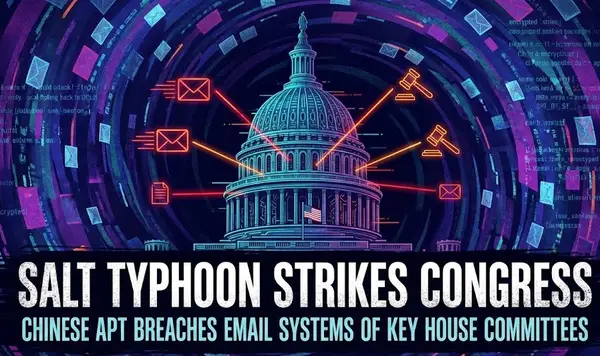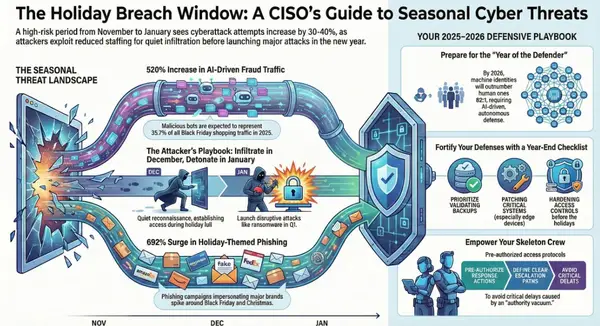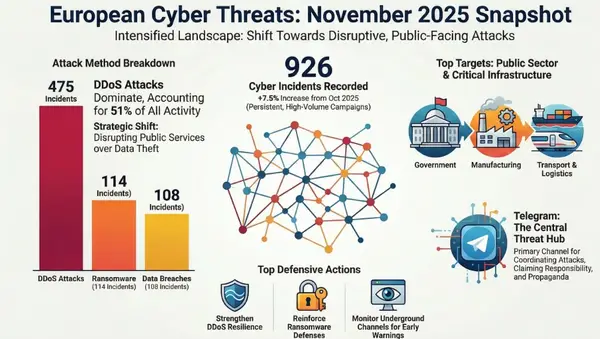The Rising Tide of Cyberattacks on Local Governments: A Deep Dive into the Pittsburg, Kansas Incident

Introduction
The City of Pittsburg, Kansas, recently fell victim to a cyberattack that disrupted its government's email, phone, and online payment systems. This incident is not isolated; it is part of a growing trend of cyberattacks targeting local governments across the United States. This article aims to delve into the details of the Pittsburg cyberattack, its implications, and the broader cybersecurity challenges that local governments face.
The Attack and Immediate Response
Discovered over the weekend, the cyberattack led to an IT outage in Pittsburg, affecting various government services. However, it's worth noting that critical services like 911 dispatch were not impacted. City Manager Daron Hall acknowledged the gravity of the situation and announced that a comprehensive assessment is underway, which could take several weeks to complete.
The city's incident response team acted swiftly to protect data and network systems. They also hired forensic experts to assess the extent of the attack and its impact on city operations. Despite the disruptions, public safety services and other city operations remain functional.
The Unknowns: Ransomware and Responsibility
As of now, it remains unclear whether the attack was a ransomware incident, and no group has claimed responsibility. This ambiguity adds another layer of complexity to the situation, making it challenging to develop a targeted response strategy.
The Broader Context: A Wave of Attacks
The cyberattack on Pittsburg is not an isolated incident but part of a wave of attacks targeting local governments across the U.S. For instance, Hinds County in Mississippi is currently grappling with a ransomware incident that has disrupted government services and impacted home buyers and sellers. Similarly, St. Louis County experienced a cyberattack affecting various public services, including police officers, jails, municipal courts, and attorneys. County Executive Sam Page has requested $5 million from the county's emergency fund to bolster cybersecurity measures.
The Federal Warning
The Department of Homeland Security has issued warnings about the increasing threat of ransomware attacks targeting both private businesses and government organizations. This federal acknowledgment underscores the urgency of the situation and the need for local governments to ramp up their cybersecurity efforts.
Implications and Recommendations
The Pittsburg cyberattack serves as a wake-up call for local governments to:
Conduct Comprehensive Risk Assessments: Identify vulnerabilities in the existing IT infrastructure and address them proactively.
Develop Incident Response Plans: Prepare for various types of cyberattacks, including ransomware, and have a clear action plan for immediate response.
Invest in Cybersecurity Training: Educate employees and public service workers about the importance of cybersecurity and how to recognize potential threats.
Collaborate with Federal Agencies: Work closely with federal organizations like the Department of Homeland Security to stay updated on emerging threats and best practices.
Allocate Sufficient Funds: Invest in advanced cybersecurity solutions and consider cybersecurity insurance as a safeguard against potential financial losses.
Conclusion
The cyberattack on Pittsburg, Kansas, highlights the escalating cybersecurity threats faced by local governments. As these attacks become more frequent and sophisticated, there is an urgent need for local governments to bolster their cybersecurity measures and prepare for potential incidents. The Pittsburg attack serves as a stark reminder that no entity is immune to cyber threats, emphasizing the need for comprehensive cybersecurity strategies at the local government level.
Note: This article is based on the available information about the cyberattack on Pittsburg, Kansas, and may be subject to updates.





